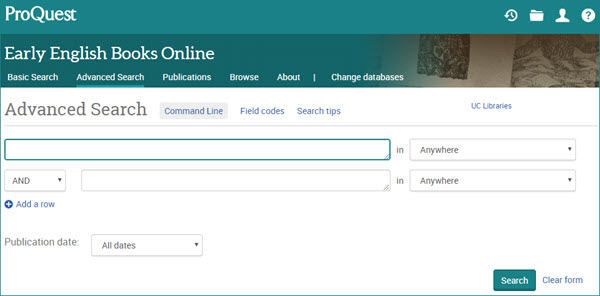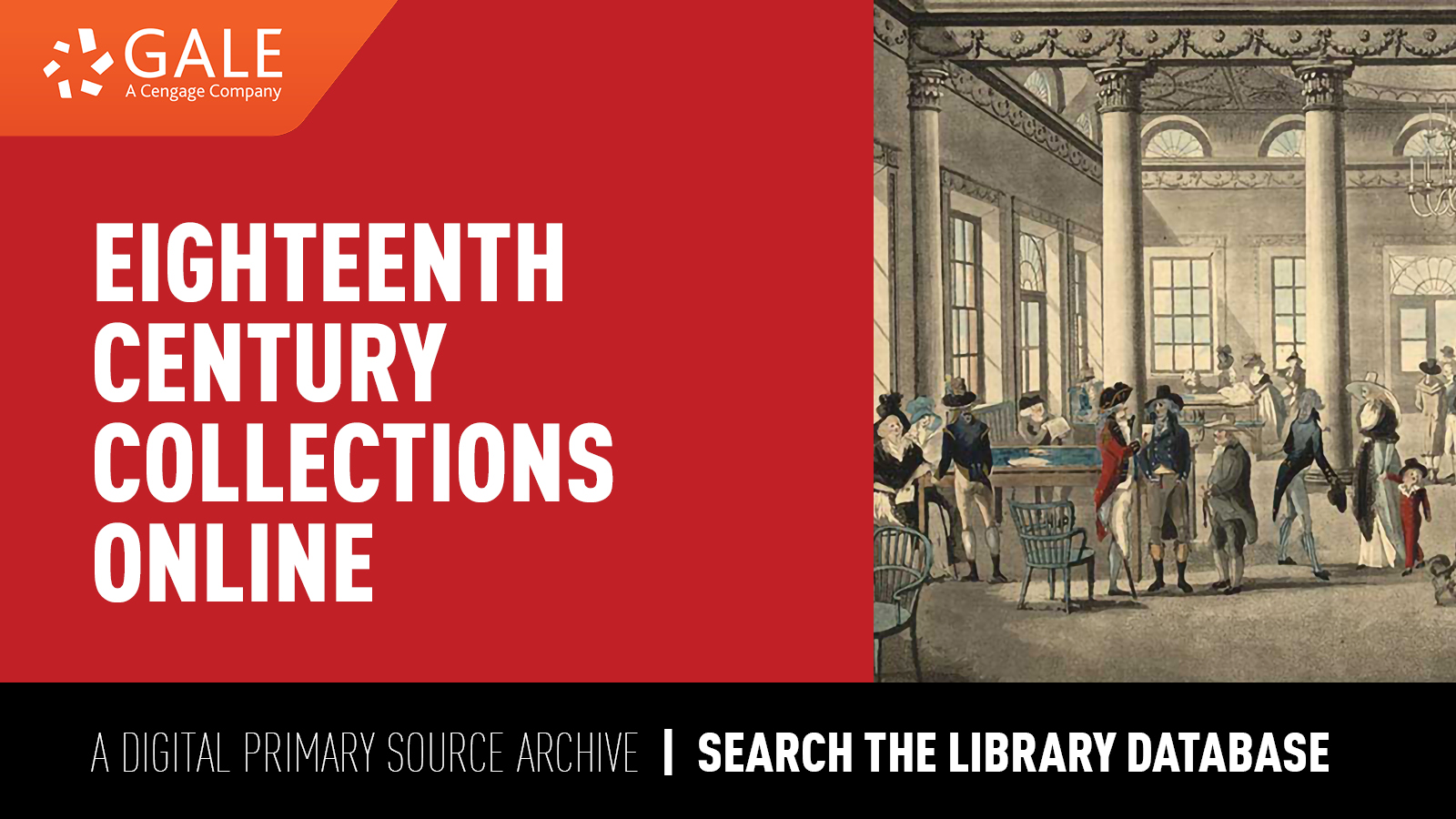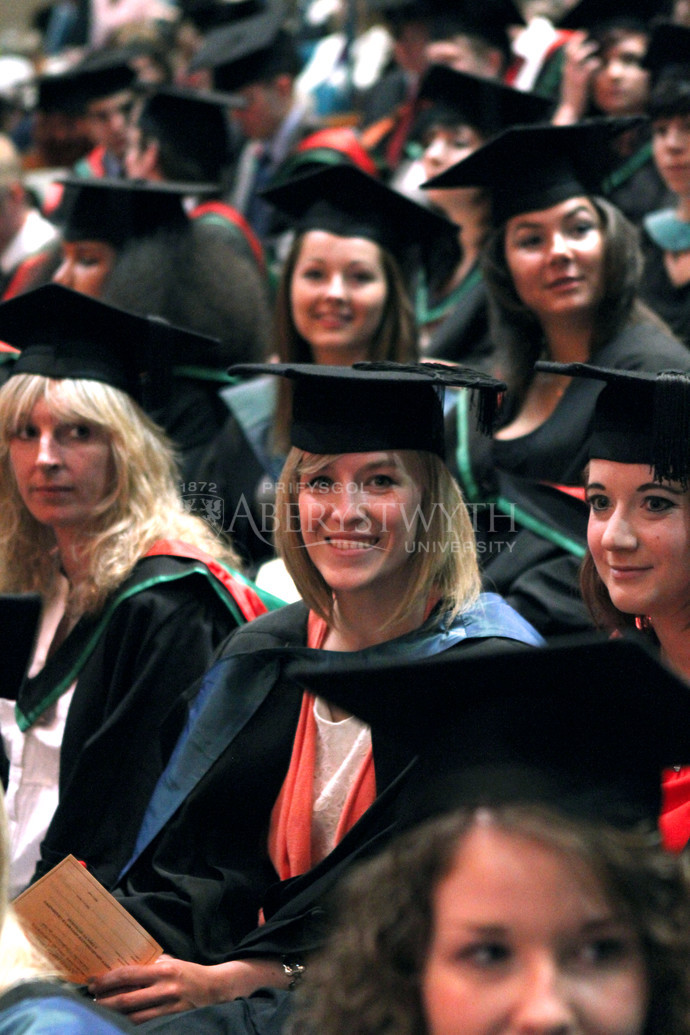Subject Librarians provide information skills training, look after your reading lists and subject guides and offer support and advice on using the libraries, finding resources for your assignments and referencing.
Aberystwyth University Libraries has 7 Subject Librarians, each with their own areas of expertise.
You are very welcome to arrange a MS Teams meeting with your Subject Librarian if you have any questions about using the Library or would like advice – you can do this online here, or by e-mail. Or just drop them a message to say hello!
 Simone Anthony – sia1@aber.ac.uk
Simone Anthony – sia1@aber.ac.uk
Simone is our Subject Librarian for Healthcare Education.
When I was fourteen, I volunteered at my local library to gain work experience. I honestly enjoyed spending hours alphabetically sorting the cardboard library cards into the beautiful oak drawers. The desire to travel later drove me to pursue a career in dance. I returned to libraries by graduating with an Education and Information & Library studies degree, at the age of thirty-three, having studied part-time around a full-time job as a dance instructor at the Aberystwyth Arts Centre.
I’ve been employed at the Hugh Owen Library since 2017, and I consider it an honour to be Aberystwyth’s first subject librarian for Healthcare Education.
 Joy Cadwallader – jrc@aber.ac.uk
Joy Cadwallader – jrc@aber.ac.uk
Joy is the Subject Librarian for Theatre, Film and Television Studies, Modern Languages and English and Creative Writing.
I was a school librarian and worked at the Aberystwyth public library in the 1980s as part of a job creation scheme. Since then I have had roles at the University as computer operator and IT help desk advisor before becoming a subject librarian. In my spare time I love visiting local wildlife projects, listening to e-audiobooks, keeping fit and watching professional road cycling on TV.
 Simon French – sif4@aber.ac.uk
Simon French – sif4@aber.ac.uk
Computer Science, Geography and Earth Sciences, International Politics, Maths and Physics are Simon’s areas of expertise.
As a child, I was a keen reader and collector of books. As an adult, I worked for many, many unhappy years in the second-hand and rare book trade before becoming a librarian here at Aberystwyth University. All of this might lead you to think that I’m a bit of a one-trick-pony, but I want to make it abundantly clear that I do enjoy things other than books, like…um…!
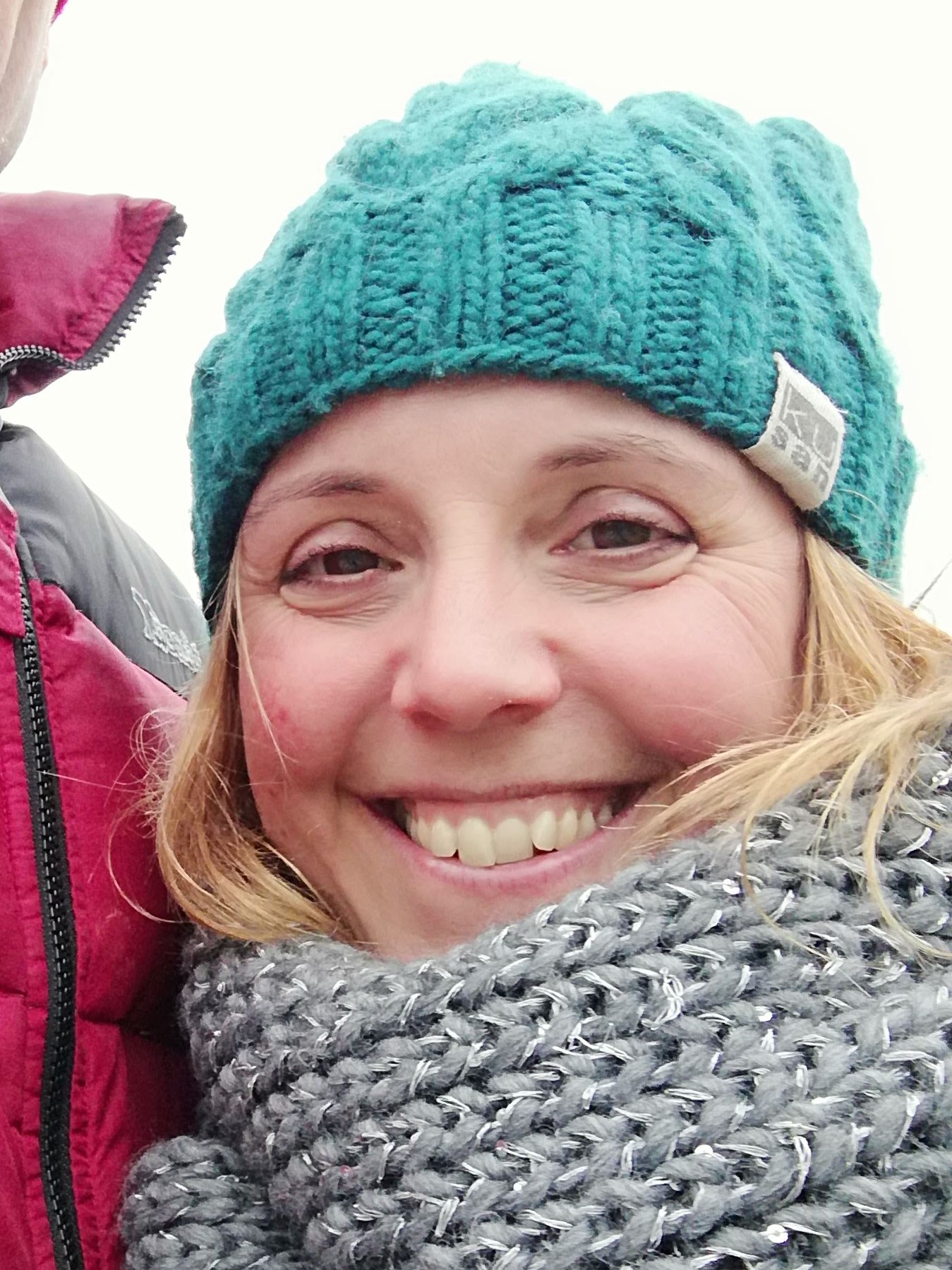 Anita Saycell – aiv@aber.ac.uk
Anita Saycell – aiv@aber.ac.uk
Anita looks after Business, Sport and Exercise Science and Information Studies.
I started volunteering in libraries at the age of 14, then secured my first paid Saturday library job at 16 and everything has come from there. When I’m not out cycling on the rolling Ceredigion hills, I really enjoy teaching and being able to help, so please do get in touch with any question however big or small!
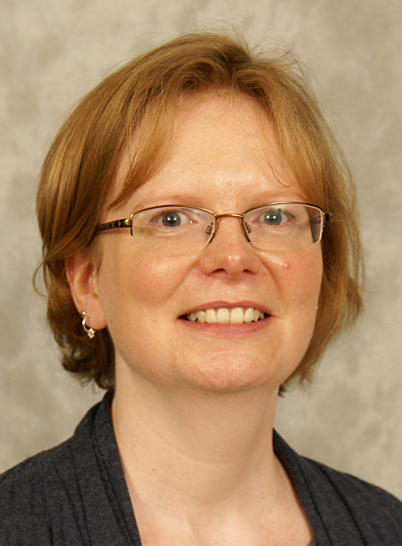 Sarah Gwenlan – ssg@aber.ac.uk
Sarah Gwenlan – ssg@aber.ac.uk
Sarah is our Subject Librarian for Education, the International English Centre and Psychology.
Prior to working at Aberystwyth University I taught English Language in Spain, the Czech Republic, Italy and Poland. I’ve also worked in the Careers Services at SOAS and Newport, so you could say I’m familiar with working with students! Please get in touch if you need help, that’s why I’m here!
 Lloyd Roderick – glr9@aber.ac.uk
Lloyd Roderick – glr9@aber.ac.uk
Lloyd is responsible for Art and Art History, Law and Criminology, Welsh and Celtic Studies and History and Welsh History.
I wanted to work in libraries after spending a lot of time hanging around the music collection in Llanelli public library after realising they had Sonic Youth’s back catalogue available to loan. After university I worked at the Institute of Advanced Legal Studies Library, University of London, then studied an MSc in Information and Library Science. I later worked at Newport public libraries and the Courtauld Institute of Art library. Later I produced a PhD studying art collections at the National Library of Wales…. all of which has given me a good background for supporting students and staff in the departments I work with as a Subject Librarian at Aberystwyth University.
In my spare time I’m an assessor on the Professional Registration Panel of CILIP (Chartered Institute of Librarians and Information Professionals) and have curated exhibitions on modernism and contemporary art in Wales.
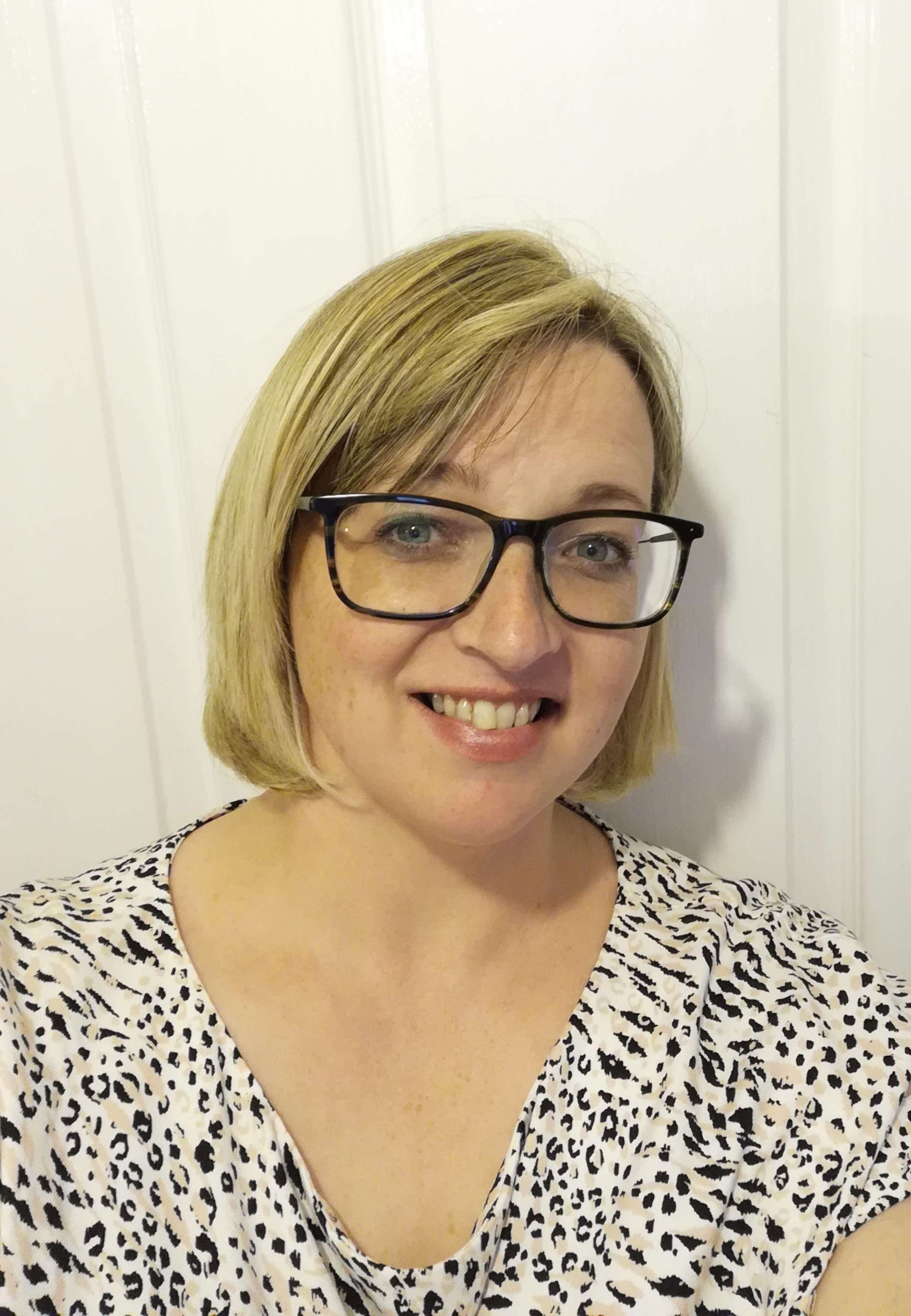 Non Jones – nrb@aber.ac.uk
Non Jones – nrb@aber.ac.uk
Non’s subject areas are ASVS: Aberystwyth School of Veterinary Science, Life Sciences, and Lifelong Learning.
Ever since I got work experience at my local public library here in Aberystwyth when I was a pupil in secondary school (… and I’m going back several years now!), I knew I wanted to be a librarian. I joined Information Services in 2001 and a few years later received a postgraduate degree in Information and Library Studies here at the University as a distance learner. In my spare time – in between looking after the family, cats, chickens and hamsters – I enjoy reading and being creative with art, craft and calligraphy.
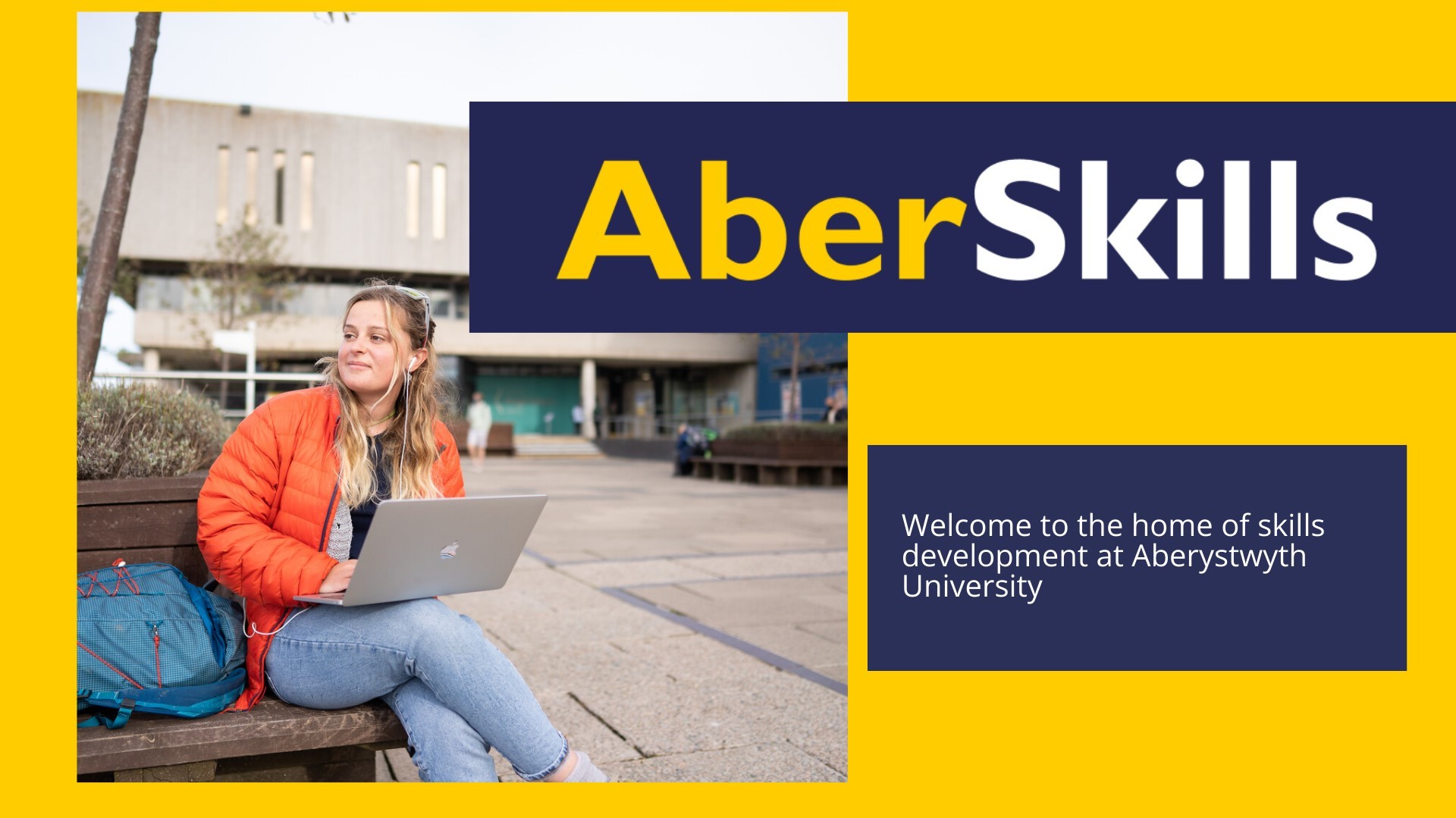


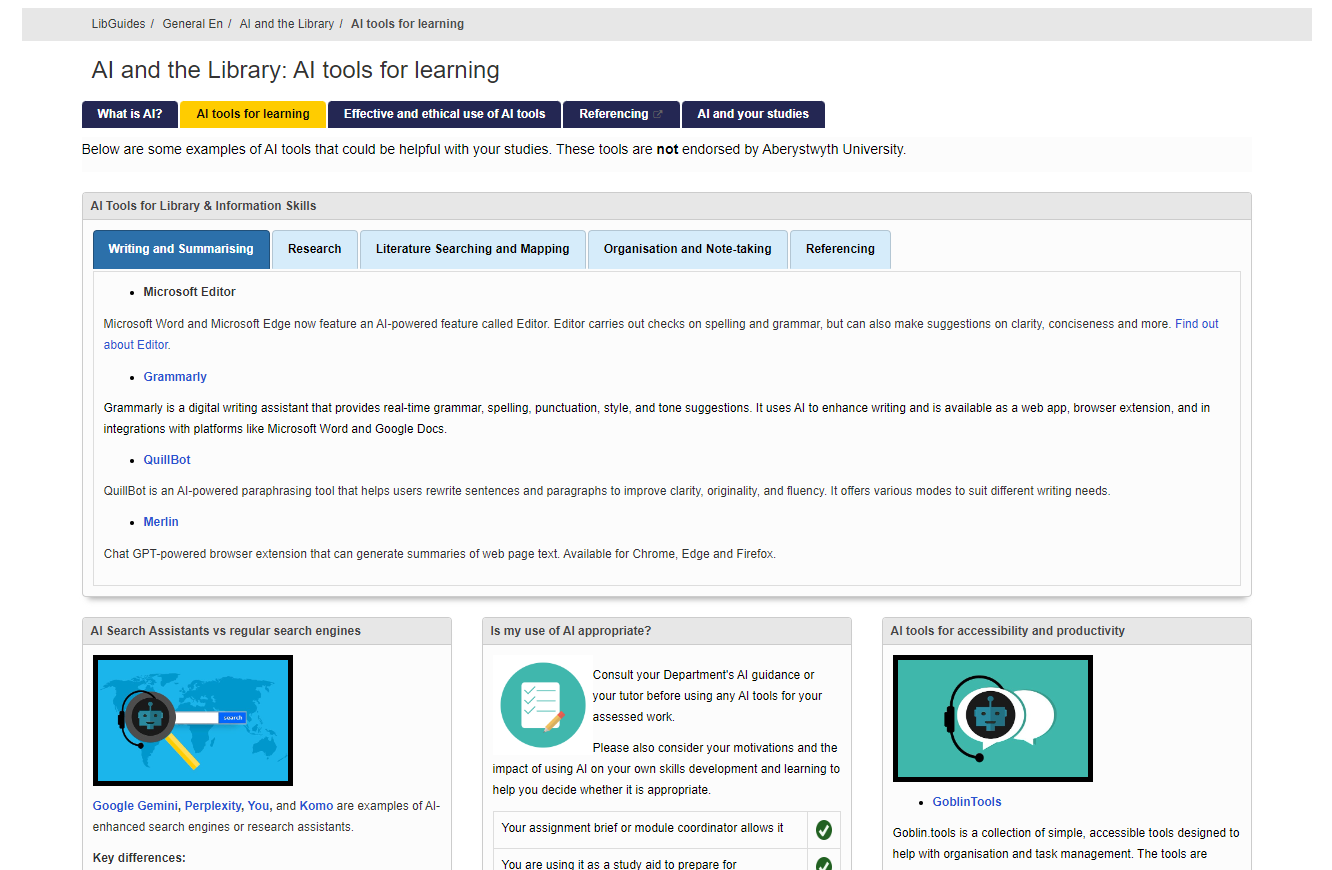
 Simone Anthony –
Simone Anthony –  Joy Cadwallader –
Joy Cadwallader –  Simon French –
Simon French –  Anita Saycell –
Anita Saycell –  Sarah Gwenlan –
Sarah Gwenlan –  Lloyd Roderick –
Lloyd Roderick –  Non Jones –
Non Jones – 